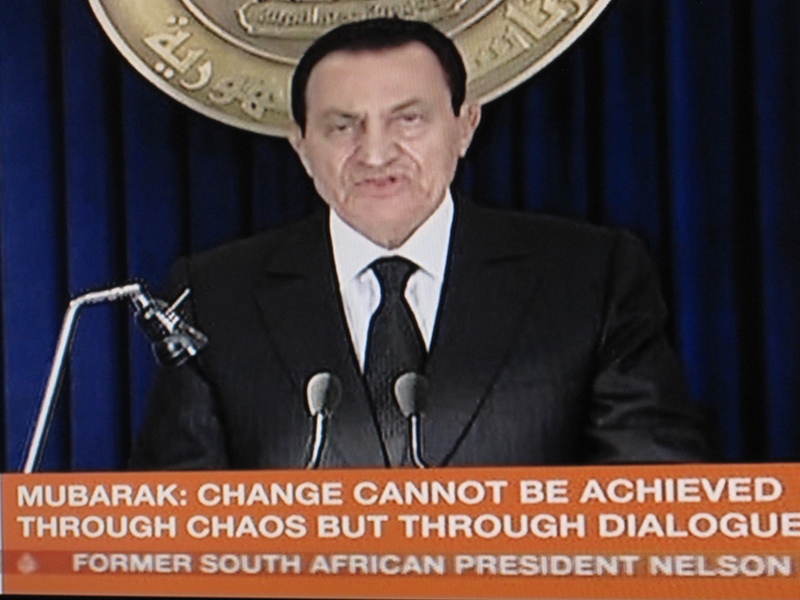Nice Prospect Magazine essay by Michael Weiss, who sees a striking similarity between Julian Assange and the 19th-century anarchist and failed Russian revolutionary Mikhail Bakunin.
Born in 1814 and justifiably forgotten today for his lack of theoretical rigor or coherent platform, Bakunin, like Assange, fancied himself a principled anarchist. But it was his personal characteristics that came to define his reputation. To friend and foe alike, he was a chancer, a sponger and a delusional madcap. Bakunin said he wanted to release the “evil passions” of mankind through revolution. Out of a similarly blinding hubris, Assange deflects his colleagues’ criticism by saying, “I’m busy, there are two wars I have to end.”
Both men gloried in the secret society and coded message rather than above-ground operations. Like Assange, Bakunin flitted through Europe with police tails, disguises and an air of conspiracy. He commanded a cult-like following of friends. Edmund Wilson wrote of Bakunin that “he was able to catch people up by the spell of a personality part of whose power resided in the fact that it had the ingenuousness of a child… his conspiracies were always partly imaginary, and he never himself seems quite to have known the difference between actuality and the dream.” Assange is fond of skipping down city streets while journalists are discussing his materials. According to the New York Times, he believes that Stasi agents still control the German secret police archives, which they’re deleting from history.




